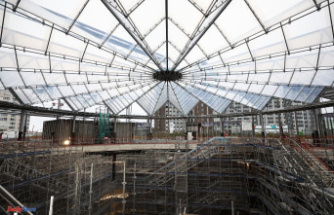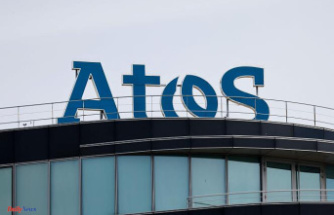Egypt is building a system of express trains. 60 cities are to be connected over a total of 2000 kilometers. Siemens and two partners were awarded the contract. The Munich company will deliver dozens of trains as well as locomotives and the system for several years.
According to Siemens, it has received the largest order in its 1775-year company history. The industrial group is to set up a system for high-speed trains in Egypt. The Munich-based company announced that it had signed a contract with two partners to build the sixth-largest system of this type in the world.
According to this, Siemens alone has an order value of 8.1 billion euros. This also includes 2.7 billion euros for the first route, which was agreed last year. Siemens partners are Orascom Construction and The Arab Constructors. Egyptian President Abdel Fattah El-Sisi was also present when the contract was signed. Chancellor Olaf Scholz sent a video message.
According to further information from the DAX group, the construction of a 2000-kilometer high-speed network is planned. It is intended to connect 60 cities in the country. The trains are to travel at up to 230 kilometers per hour on three routes: on the 660 kilometer route between the port cities of Ain Sokhna on the Red Sea and Marsa Matrouh and Alexandria on the Mediterranean. The second route connects Cairo and Abu Simbel near the border with Sudan over 1100 kilometers. The third route has a length of around 225 kilometers and is intended to connect Luxor with Hurghada.
Siemens Mobility will deliver 41 high-speed trains, 94 regional trains and 41 freight locomotives. The contract also includes railway infrastructure, eight depots and freight yards and a maintenance contract for 15 years. According to the information, 40,000 jobs will be created in Egypt just for the construction of the rail network. In addition, there would be almost 7,000 jobs at suppliers and in other sectors of the economy.












